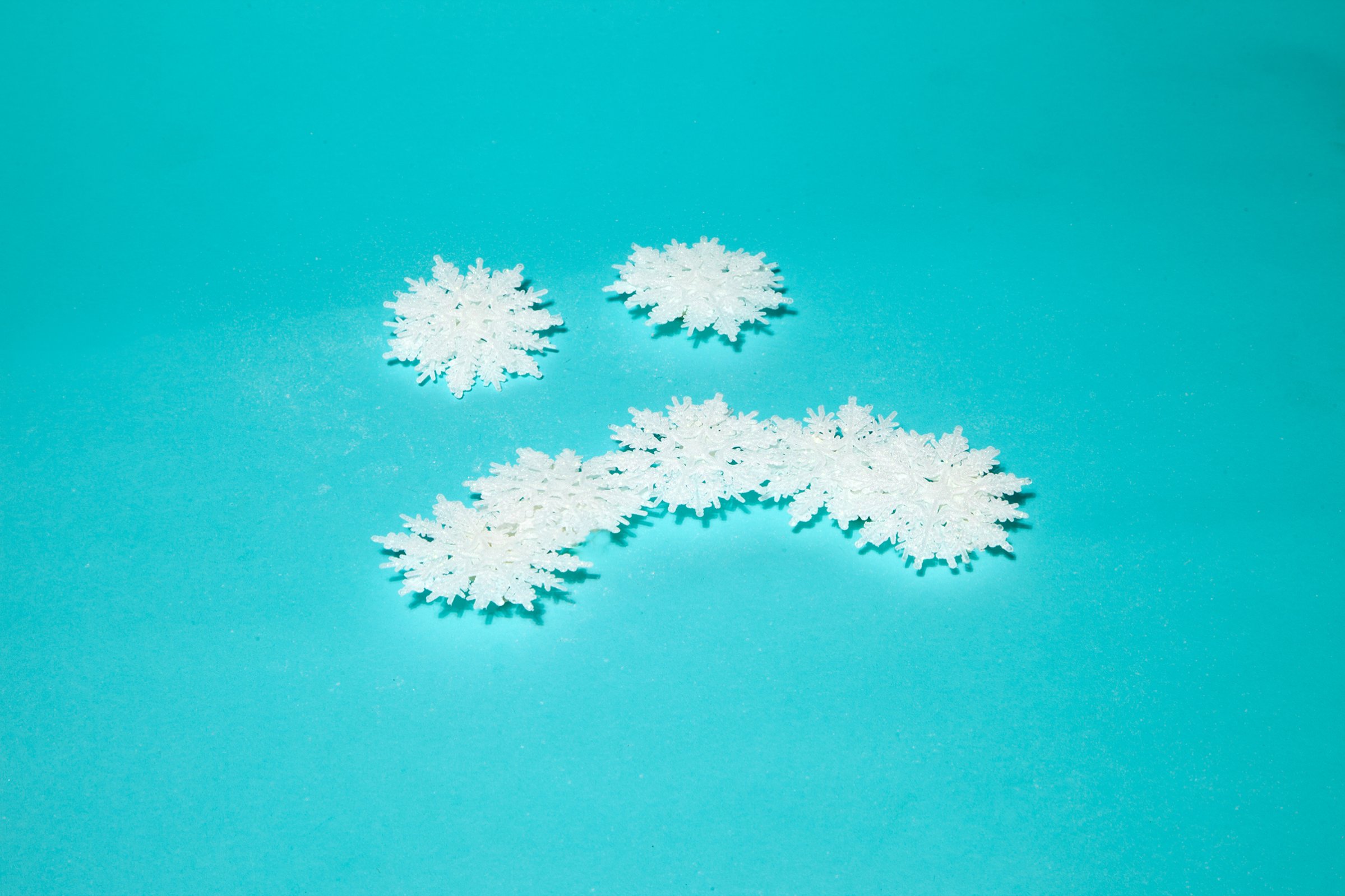
You’ve been feeling it for months, like an extra layer of bulk beneath your winter sweater: a malaise you just can’t shake off.
Maybe you’re wiped out even after a full night’s sleep. Or there are days when you feel your thinking is ponderous and muddled. You may also be eating more—especially more junk food. And you can’t seem to get pumped about stuff that normally excites you.
Along with sadness or feelings of helplessness, all of these are symptoms of seasonal affective disorder, or SAD, a form of depression that typically coincides with the winter months, says Dr. Teodor Postolache, a professor of psychiatry at the University of Maryland School of Medicine.
And no, it’s not just in your head. “SAD is definitely a real thing,” says Dr. Alex Korb, an adjunct assistant professor at UCLA and author of The Upward Spiral: Using Neuroscience to Reverse the Course of Depression.
Both Korb and Postolache say the possible causes of seasonal depression are manifold, but an absence of sunlight appears to play a role. “We know rates of SAD vary by latitude, so they’re much lower in Florida than in Alaska,” says Korb. Just as shift work or traveling to a different time zone can profoundly mess with your body’s natural rhythms, the lack of light in winter may create a “dyssynchrony” in your body’s sleep-wake cycles and internal clocks, Postolache explains. This in turn may lead to imbalances in your levels of serotonin, dopamine and other neurotransmitters that control your mood, appetite and energy levels.
But it’s not all about sunlight, says Dr. David Kerr, an associate professor of psychology at Oregon State University. While light gets a lot of attention—and its absence no doubt affects Alaskans and those at high latitudes—Kerr says his own extensive research has failed to find strong links between SAD and sun exposure.
So what else might explain the seasonal blues? It’s possible our modern lifestyles just don’t dovetail with the ways our bodies were built to handle shorter, colder days, Korb says. “We may have evolved to be less active in winter in order to save energy,” he explains, comparing people to animals who hibernate. The fact that your work and sleep habits don’t change from summer to winter may help explain your melancholy, he says.
Genetic and biological factors may also play a part in seasonal depression, says Dr. Norman Rosenthal, clinical professor of psychiatry at Georgetown University and author of Winter Blues, a book about SAD. “We know seasonal affective disorder runs in families,” he says. “Women, especially those in their reproductive years, tend to suffer higher rates of SAD.” These genetic or biological sensitivities may explain why some people react more strongly than others to the changing of the seasons, he says.
Finally, many of the activities that naturally buoy our moods—exercise, getting together with friends, spending time in nature—tend not to happen as often when the weather stinks, Korb says. “Any or all of these factors may help explain why people experience seasonal depression.”
So what can you do about it? For many SAD sufferers, light therapy can brighten moods. “A light therapy fixture or box can be placed on your desk or table,” Rosenthal says. “Sitting in front of it, preferably in the morning for 20 to 30 minutes, can do wonders.”
Despite his doubts about sunlight’s primary role in SAD, Kerr agrees light therapy may help. He says research shows light therapy can relieve other types of depression—not just the winter doldrums.
Along with regular exercise and socializing, spending more time outdoors or near windows—or, ideally, taking a couple winter trips to sunny locales—can also help, Korb says. So can medication or cognitive behavioral therapy, Postolache adds.
Whatever you do, don’t ignore your low mood; seasonal depression isn’t something to be taken lightly. “If you’re feeling it, see a doctor,” Korb says. “You don’t have to wait for the weather to change to start feeling better.”
More Must-Reads from TIME
- Cybersecurity Experts Are Sounding the Alarm on DOGE
- Meet the 2025 Women of the Year
- The Harsh Truth About Disability Inclusion
- Why Do More Young Adults Have Cancer?
- Colman Domingo Leads With Radical Love
- How to Get Better at Doing Things Alone
- Michelle Zauner Stares Down the Darkness
Contact us at letters@time.com